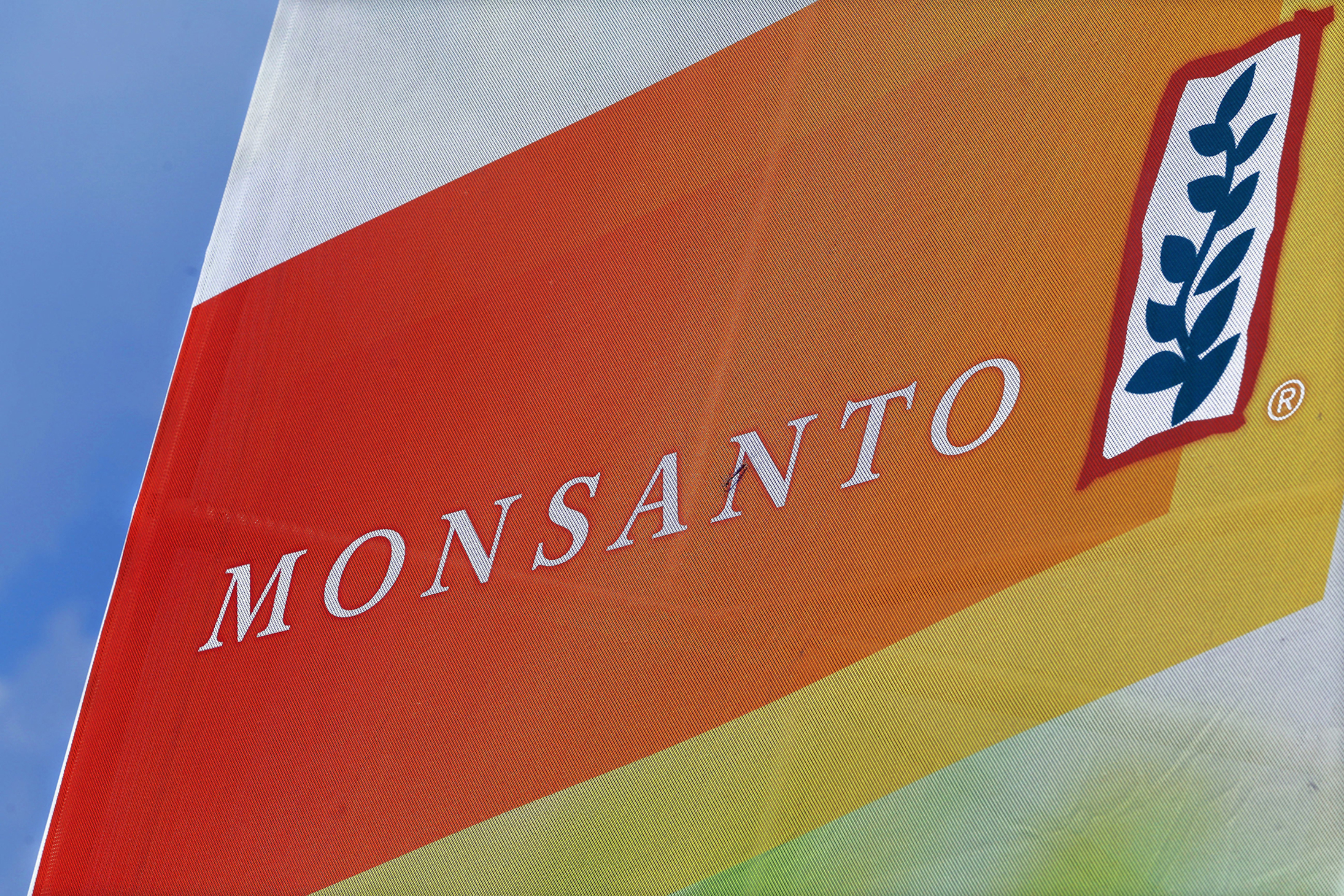Ellen Rosenblum, Oregon’s attorney general, announced a nearly $700 million settlement Thursday with the biotech giant Monsanto for its alleged role in polluting the state over the course of decades with toxic compounds known as polychlorinated biphenyls, or PCBs.
It’s the largest pollution settlement in Oregon’s history and by far the largest Monsanto has paid.

“Polychlorinated biphenyls have caused and continue to cause devastating impact on Oregon’s natural environment,” Attorney General Ellen Rosenblum said during a news conference in Portland. “They threaten the health of the people that use and enjoy our state’s natural resources — our air, our water, our ground, our fish, practically everything in our habitat.”
Monsanto is known today for making the popular Roundup weed-killer, but from the 1930s until shortly before they were banned in 1979, Monsanto was the sole U.S. manufacturer of PCBs.
In 2018, the Oregon Department of Justice filed a lawsuit against Monsanto. In the lawsuit attorneys for the state alleged that PCBs are highly toxic and can harm people’s immune systems. “Even when Monsanto had overwhelming evidence of the hazards that PCBs create, Monsanto continued to flood the country with these toxic materials,” according to the state’s complaint. “Monsanto’s own internal documents show that it was not interested in protecting people or the environment; rather, its only concern was in protecting its balance sheet.”
State representatives said that the state intends to put the settlement funds into a trust for future use.








